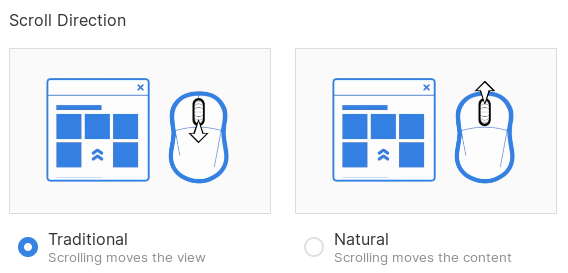this post was submitted on 24 Sep 2023
184 points (96.9% liked)
Linux
48375 readers
1611 users here now
From Wikipedia, the free encyclopedia
Linux is a family of open source Unix-like operating systems based on the Linux kernel, an operating system kernel first released on September 17, 1991 by Linus Torvalds. Linux is typically packaged in a Linux distribution (or distro for short).
Distributions include the Linux kernel and supporting system software and libraries, many of which are provided by the GNU Project. Many Linux distributions use the word "Linux" in their name, but the Free Software Foundation uses the name GNU/Linux to emphasize the importance of GNU software, causing some controversy.
Rules
- Posts must be relevant to operating systems running the Linux kernel. GNU/Linux or otherwise.
- No misinformation
- No NSFW content
- No hate speech, bigotry, etc
Related Communities
Community icon by Alpár-Etele Méder, licensed under CC BY 3.0
founded 5 years ago
MODERATORS
you are viewing a single comment's thread
view the rest of the comments
view the rest of the comments

Yep, I also assume that's why natural scrolling is called natural. Everyone here was forced to learn traditional scrolling due to historical reasons that someone else pointed out. Now everyone thinks that's natural, even though that's not the case. An acquired taste/preference.
Desktop environments should default to natural scrolling, but provide the option to use traditional scrolling, so that everyone is happy, but traditional scrolling dies out when everyone here is dead for the sake of people who're learning how to use computers today.